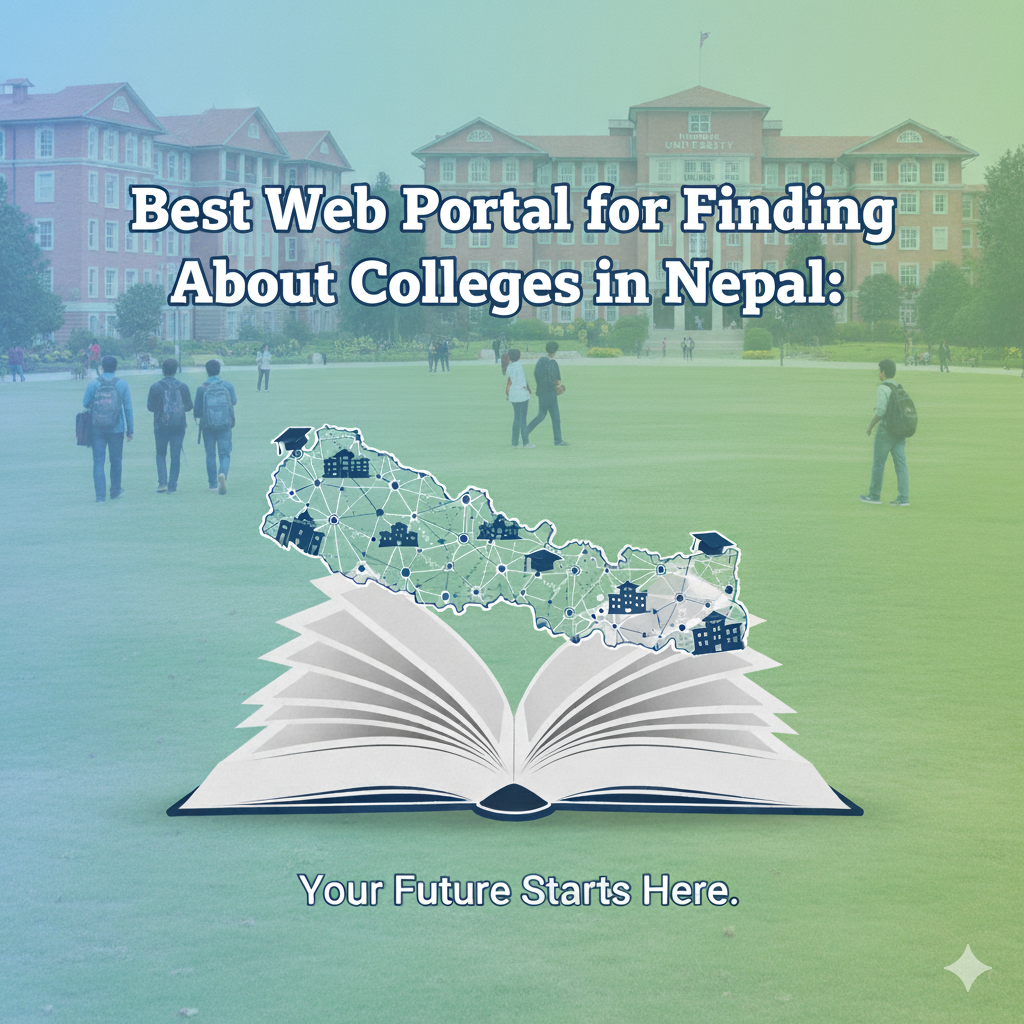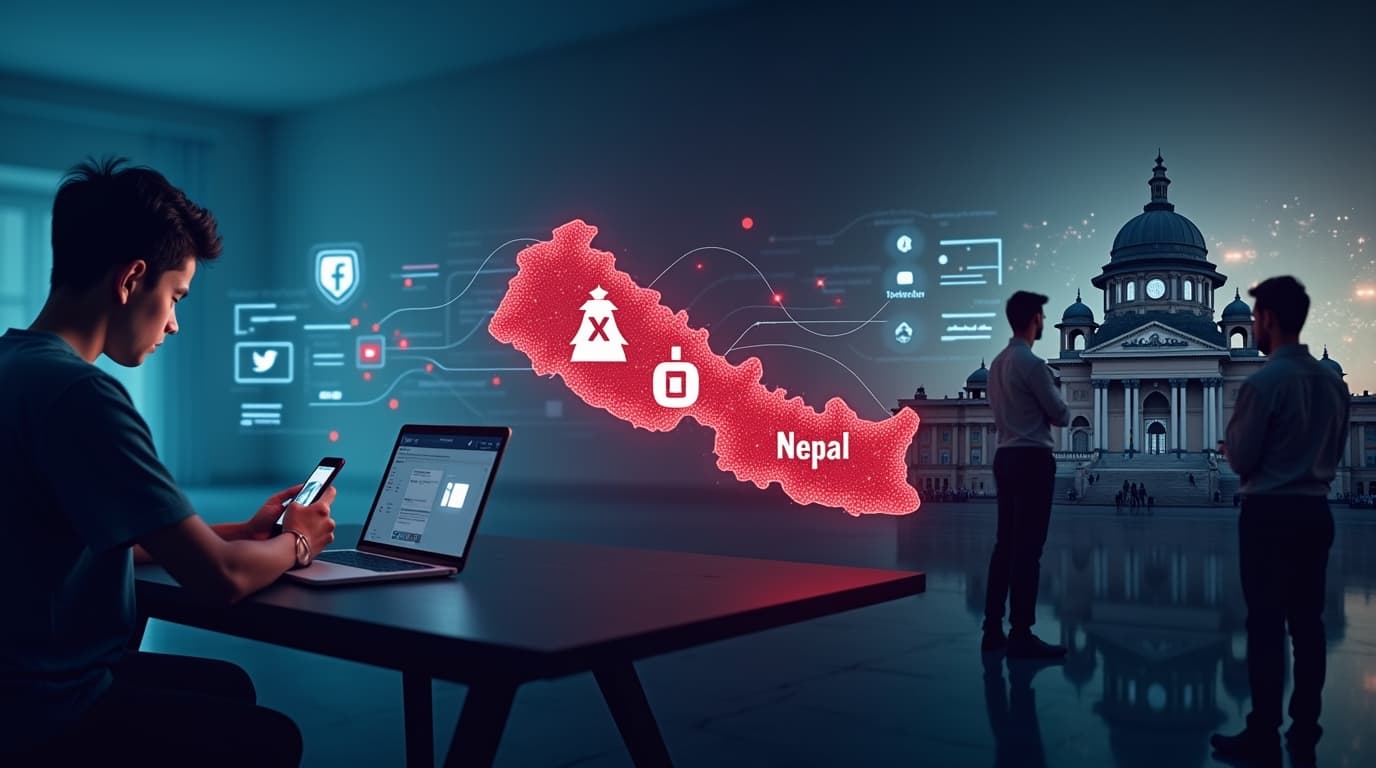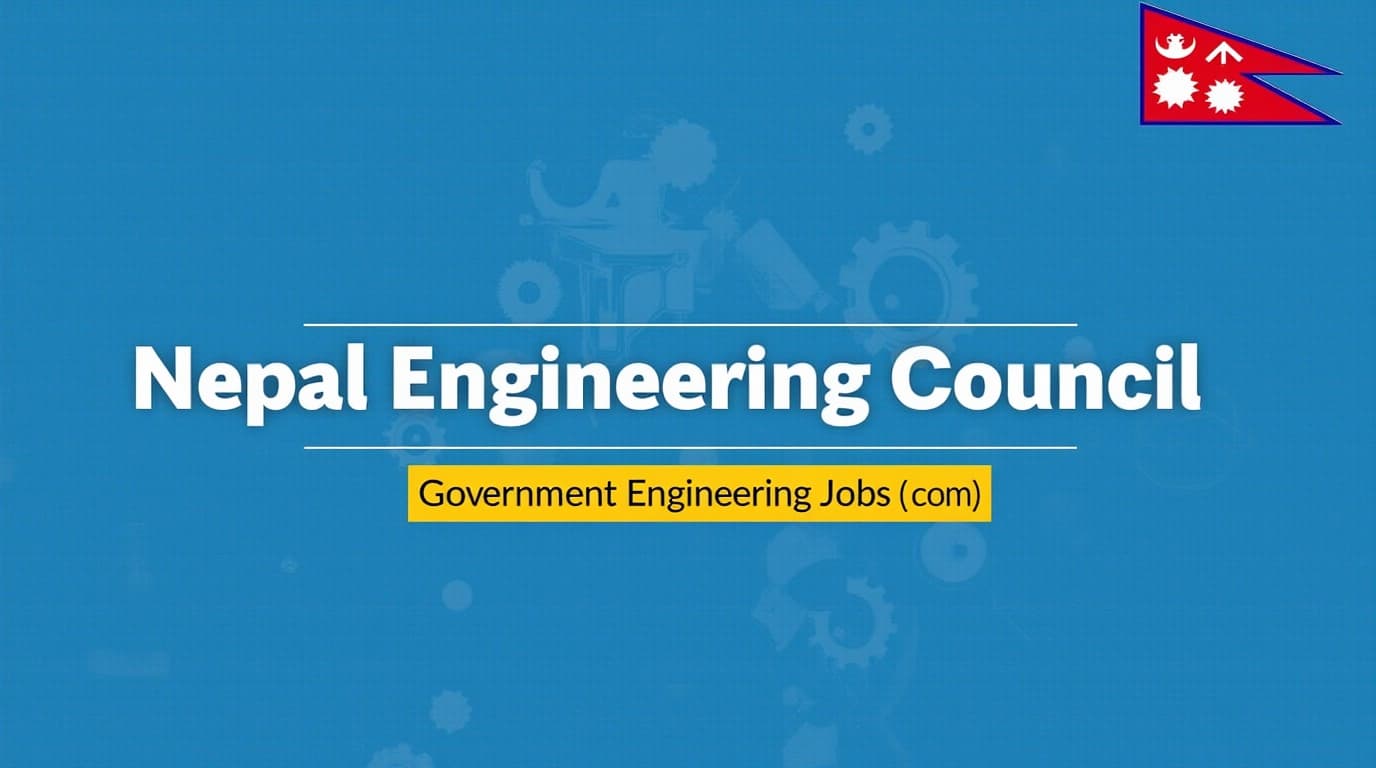Secondary Level Teaching License Exam: A Comprehensive Guide for Aspirants:

Becoming a teacher in Nepal is more than just a career choice. It’s a commitment to shaping the nation’s future. The Secondary Level Teaching License Exam is administered by the Teacher Service Commission (TSC) It is a critical gateway for educators aiming to teach grades 9–12.
The exam is Designed to assess both theoretical knowledge and practical skills that teachers are well-equipped to handle the complexities of modern classrooms. In this guide, we’ll explore the exam’s structure, key focus areas, and strategies to become success. So, without doing further delay, let’s get started:
Understanding the Exam’s Purpose and Structure:
The Teaching License Exam evaluates candidates on their grasp of Nepal’s education system, teaching methodologies, ethical standards, and ability to adapt to contemporary educational challenges. With 100 marks allocated to 50 objective questions, aspirants must score at least 50% within a one-hour timeframe. The questions are divided into two sections:
- General Education (covering national policies, psychology, and community engagement).
- Educational Management and Teaching Process (focusing on leadership, classroom strategies, and assessment).
- This balanced approach ensures teachers are not only knowledgeable but also skilled in applying concepts to real-world scenarios.
Key Areas of Focus in the Syllabus:

1. Nepal’s National Education System: Foundations and Policies
Nepal’s education system is deeply rooted in its constitutional framework which guarantees free and compulsory education up to the basic level. The syllabus analyzes into historical milestones, such as the Education Act of 2028 and the National Education Policy 2076, which emphasize inclusivity and quality. Understanding these policies helps teachers align their practices with national goals like the Sustainable Development Goals (SDGs) and the Incheon Declaration. For instance, the shift toward federal governance means educators must collaborate with local governments to tailor programs that meet community-specific needs.
2. Embracing New Educational Trends
Modern classrooms demand innovative approaches. The syllabus highlights inclusive education, ensuring every child regardless of gender, disability, or socio-economic status should receives equal opportunities. Concepts like child-friendly environments and life-skills education prepare students for real-world challenges. Additionally, the focus on crisis management (e.g., continuing education during pandemics) underscores the need for adaptable teaching strategies.
3. The Psychology of Learning
Effective teaching begins with understanding how students learn. Topics like behaviorism, constructivism, and social learning theories provide insights into tailoring lessons to diverse learners. For example, recognizing barriers to learning such as language differences or cognitive challenges. It helps teachers design supportive interventions. This section also stresses the importance of nurturing gifted students while addressing the needs of those with learning difficulties.
4. Building School-Community Partnerships
Schools don’t operate in isolation. Strong ties with parents, NGOs, and local governments enhance resource allocation and community trust. The syllabus encourages participation in municipal education plans and social audits, fostering transparency. Imagine a school collaborating with local artisans to teach vocational skills. This enriches student’s learning experiences while strengthening community bonds.
5. Professional Growth for Teachers
Teaching is a lifelong learning journey. The exam emphasizes continuous professional development through workshops, peer collaborations, and self-reflection. Ethical responsibilities, such as maintaining student confidentiality, are also highlighted. Schools acting as “learning organizations” create environments where both students and teachers grow together.
Strategies for Effective Classroom Management:
1. Curriculum Design and Student Support
A well-structured curriculum is the backbone of quality education. Teachers learn to align lessons with the National Curriculum Framework 2076, integrating local languages and cultures to make learning relatable. For instance, using mother-tongue instruction in multilingual regions can boost student engagement and comprehension.
2. Innovative Teaching Methods
Gone are the days of rote learning. The syllabus promotes student-centered approaches like project-based learning and critical thinking exercises. Imagine a geography class where students collaborate on a climate change project. This not only deepens subject knowledge but also hones teamwork and problem-solving skills.
3. Leveraging Technology in Education
ICT skills are no longer optional. From using educational software to creating digital content, teachers are trained to make lessons interactive. During the COVID-19 pandemic, educators who mastered online platforms ensured uninterrupted learning, proving the value of digital readiness.
Mastering Student Assessment and Research
1. Fair and Insightful Evaluation
Assessments should measure growth, not just grades. The syllabus advocates for formative evaluations (e.g., quizzes, peer reviews) alongside summative exams. Analyzing results helps identify learning gaps.For example, if math scores are low, teachers might introduce hands-on activities to simplify abstract concepts.
2. The Role of Research in Teaching
Action research empowers teachers to solve classroom challenges. Suppose a teacher notices declining participation in science classes. By conducting surveys and experimenting with group experiments, they can revitalize student interest and share findings with peers.
Exam Preparation Tips:
- Focus on Key Legislation: Understand the Education Act, SDGs, and federal education policies.
- Practice Scenario-Based Questions: Prepare for higher-ability questions by applying theories to case studies.
- Strengthen ICT Skills: Familiarize yourself with tools like IEMIS for data management.
- Engage in Mock Tests: Simulate exam conditions to improve time management.
Final Thoughts: Shaping Nepal’s Educational Future:
The Secondary Level Teaching License Exam is more than a test. It’s a blueprint for nurturing compassionate, skilled educators. By mastering this syllabus, teachers become catalysts for change, capable of inspiring students and driving national progress. Whether it’s through inclusive practices, tech-integrated lessons, or community collaboration, licensed teachers are equipped to transform challenges into opportunities.
Aspirants have to remember that Your journey doesn’t end with passing the exam. It’s the first step in a lifelong mission to illuminate minds and uplift communities.




